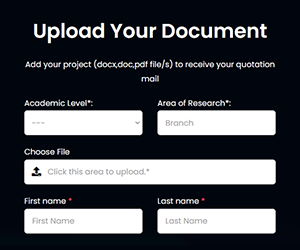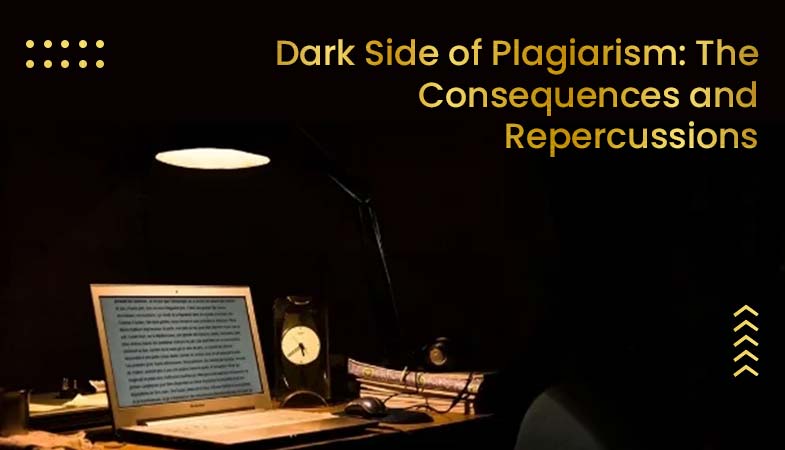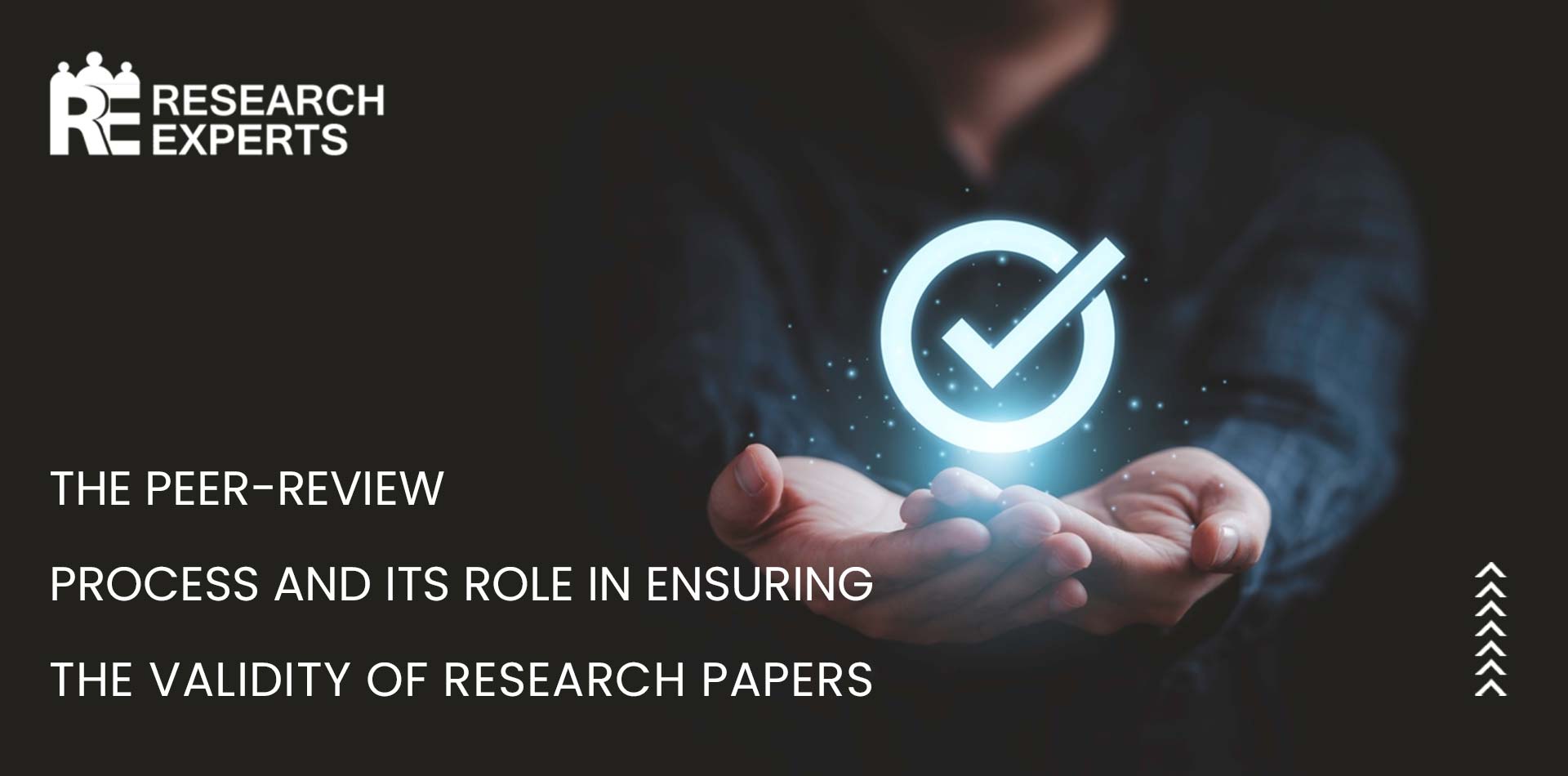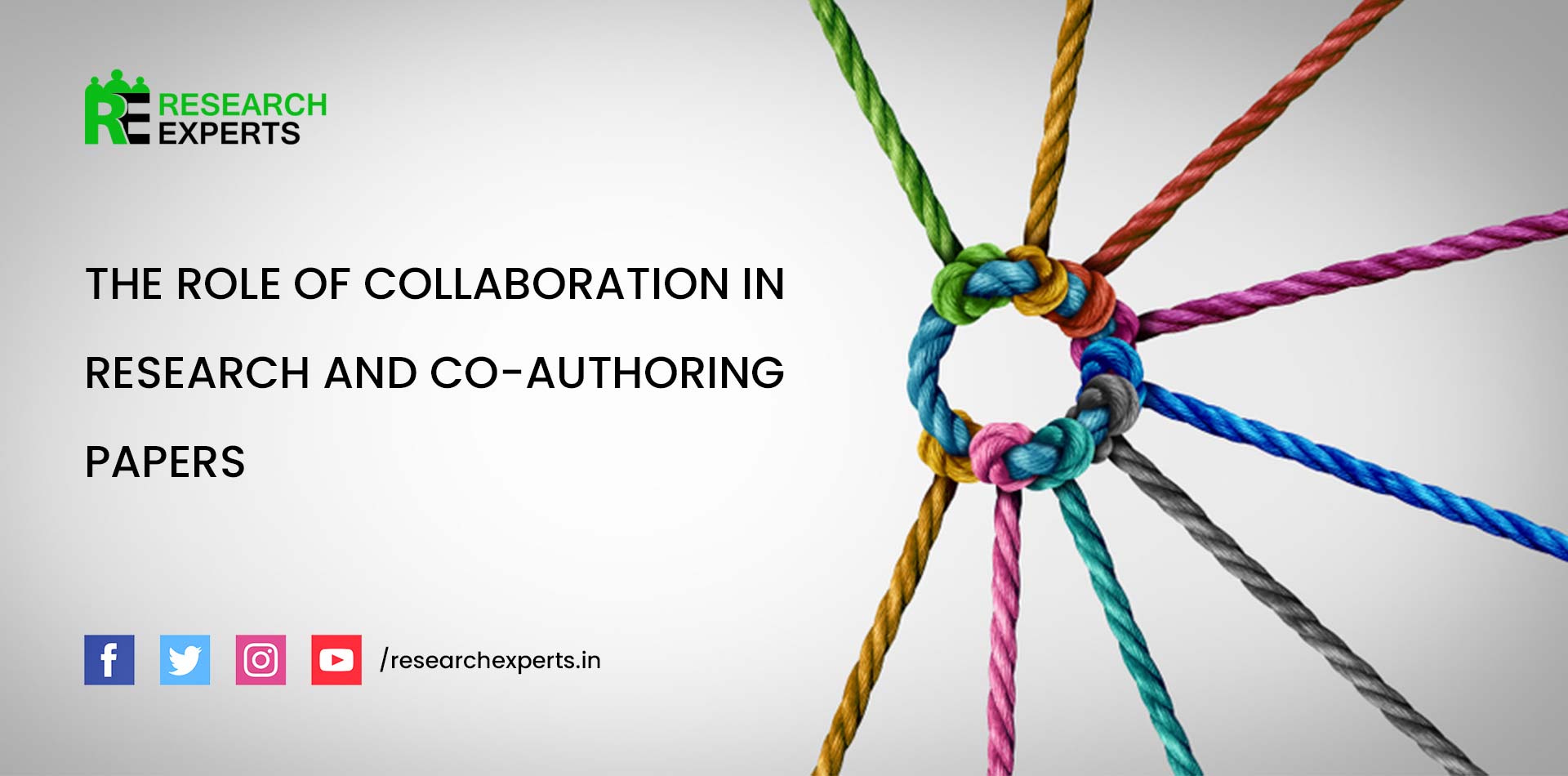
Higher Education Plagiarism Policies
Higher Education Plagiarism Policies – Plagiarism policies in higher education serve an important role in ensuring the academic integrity of students and institutions. Plagiarism, which is defined as the act of using someone else’s work or ideas without proper attribution, is a serious offense that can have significant consequences for both individual students and institutions. In this article, we will explore Higher Education Plagiarism Policies along with why plagiarism policies are important in higher education, how they are enforced, and what students and institutions can do to prevent plagiarism.
Plagiarism policies are important in higher education because they help to ensure the originality and authenticity of academic work. In a collegiate setting, originality is highly valued, and students are expected to do their own research, analysis, and writing in order to produce original content. When students engage in plagiarism, they undermine the integrity of their own work, as well as that of their classmates and the institution as a whole. Plagiarism can also have serious legal implications, as it may involve the violation of copyright laws.
Why plagiarism policies are important in higher education?
- Plagiarism policies are important in higher education as they help to promote academic honesty and integrity. In order to foster a culture of honesty and integrity within an academic community, it is necessary to have clear policies in place that outline the consequences of violating these values. Plagiarism policies provide a framework for students to understand what is acceptable and what is not, and they encourage students to be responsible for their own work.
- Plagiarism policies in higher education are typically enforced through a combination of educational interventions and disciplinary actions. Educational interventions may include workshops, seminars, and online resources that teach students about proper citation practices and how to avoid plagiarism. Disciplinary actions may include academic penalties such as failing a course or assignment, or more serious consequences such as expulsion.
- There are several steps that students and institutions can take to prevent plagiarism. For students, the most important thing is to properly cite all sources that are used in their work. This includes both direct quotations and paraphrased material. Students should also be mindful of the difference between paraphrasing and copying, as simply changing a few words in someone else’s work is still considered plagiarism.
- Institutions can also play a role in preventing plagiarism by providing resources and support to help students understand proper citation practices. This may include offering workshops, seminars, or online resources that teach students about plagiarism and how to avoid it. Institutions can also use plagiarism detection software to help identify instances of plagiarism in student work.
Conclusion
In conclusion, plagiarism policies in higher education serve an important role in ensuring the academic integrity of students and institutions. These policies help to ensure the originality and authenticity of academic work, promote academic honesty and integrity, and provide a framework for students to understand what is acceptable and what is not. By properly citing sources and using resources such as plagiarism detection software, both students and institutions can work together to prevent plagiarism and maintain the integrity of the academic community.








